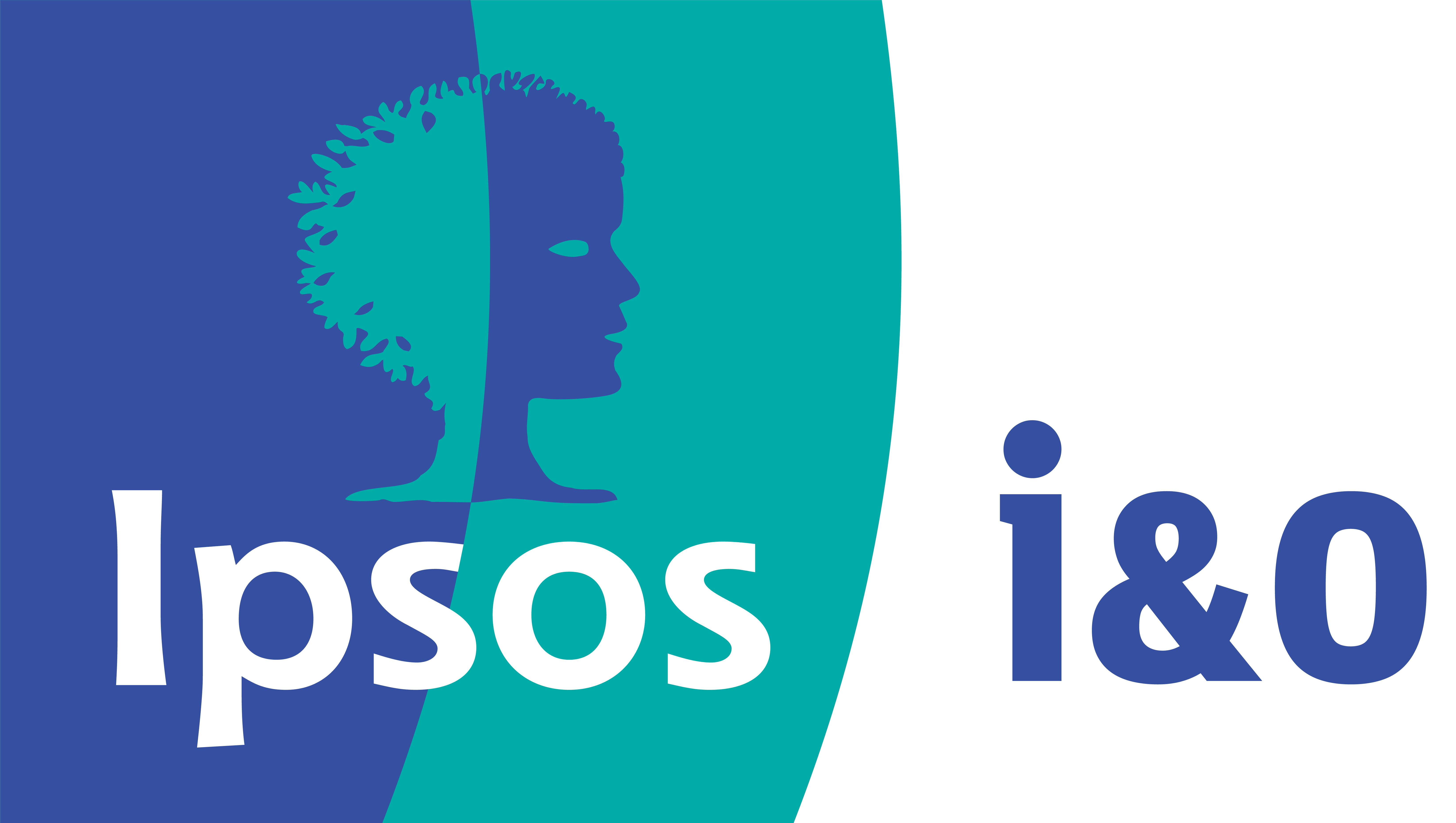Search
-
Workers want more flexibility from their employers after COVID
Survey of employed adults in 29 countries for the World Economic Forum finds one in four now working from home more often than before the pandemic; preference is for working remotely half of the time after it is over
-
Most believe income and wealth inequality to be the most serious form of inequality in their country
An online study by Ipsos, conducted across 28 countries has found that, when asked about a range of different inequalities, 60% said that inequalities in income and wealth are among the most serious types of inequality affecting their country.
-
Job stress and disruptions
The pandemic has taken an emotional toll on employees globally, with 80 percent of those employed reporting they have faced challenges as a result of the pandemic. These stresses include personal circumstances such as family pressures, feeling lonely and isolated, and employer-related issues such as job security.
-
Quality of life in European cities
Better city, better life! New survey results for European Commission report on the quality of life in European cities.
-
The state of happiness in a COVID world
Global Happiness 2020 survey shows happiness has receded in many, but not all countries since last year.
-
From environment, economy to COVID-19: Our top stories on social media in first half of 2020
These are the reports, stories and videos that got you talking, sharing and engaging with us.
-
Abortions amid COVID-19: How women’s rights are being impacted by the pandemic
About 70% say abortions should be permitted ̶ down 5% from 2014 and lower than when poll began
-
Back to school - in person vs. remote learning: Challenges facing parents, teachers and governments
Two in three support restricting number of in class days while experts question effectiveness.
-
Majority want to restrict number of days kids attend school in person with most support in emerging markets
More people comfortable sending kids back to school or daycare within six months.
